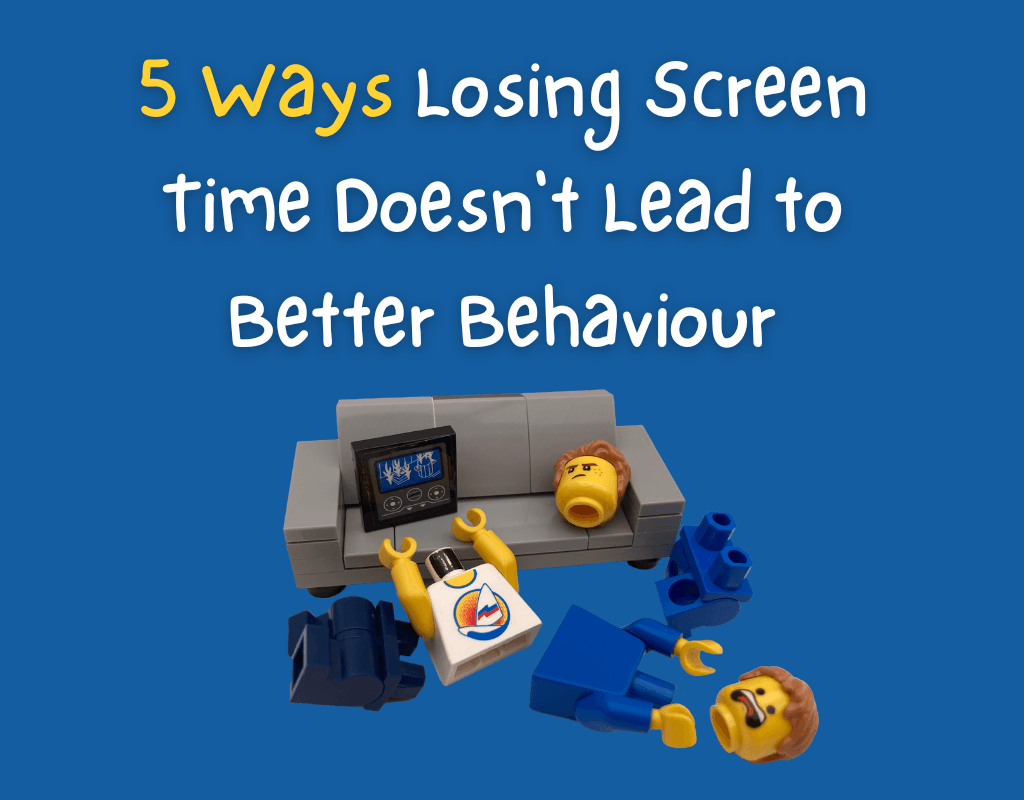Screen time – two words that pours stress, anxiety and conflict into every parent’s day. We’ve all been there – threatening our children with the loss of their favourite device, show or computer game unless they do as they are told. But does it work? Do we find ourselves being able to stick to the punishment when screens can offer a moment’s peace to a chaotic day? Are we not just having the same argument a few days later and no life lessons seem to have been learned? And does it simply lead to even worse behaviour, arguments and relationship breakdowns? If you are wondering why screen time has turned into a battleground in your home, read our 5 ways losing screen time doesn’t lead to better behaviour.
Read our Screen Time story here.
Why is Using Screen Time as a Punishment Harmful to Children?
1. It Prevents a Healthy Relationship
Screen time for children has become more than entertainment. There are games, shows, video calls and as kids get older, there is research, homework, banking, social media and much much more. Our devices are infiltrating every part of our lives and that is not going to change for our children. So our goal here needs to be training them to build healthy screen time habits that will set them up well for their futures.
So by using screen time as a consequence for undesirable behaviour, we are actually hindering that training. We start to teach them that ‘good’ behaviour gets you more screens, while ‘bad’ behaviour gets you less.
Our narrative surrounding their behaviour becomes goal orientated and that the prize is their screen time. Suddenly the prize is not have a better relationship with your friend, sibling, parent or success at school, or being able to go outside and explore.
Their goal now is their screen, their device which is actually breaking any healthy screen time habits you were trying to teach them in the first place.
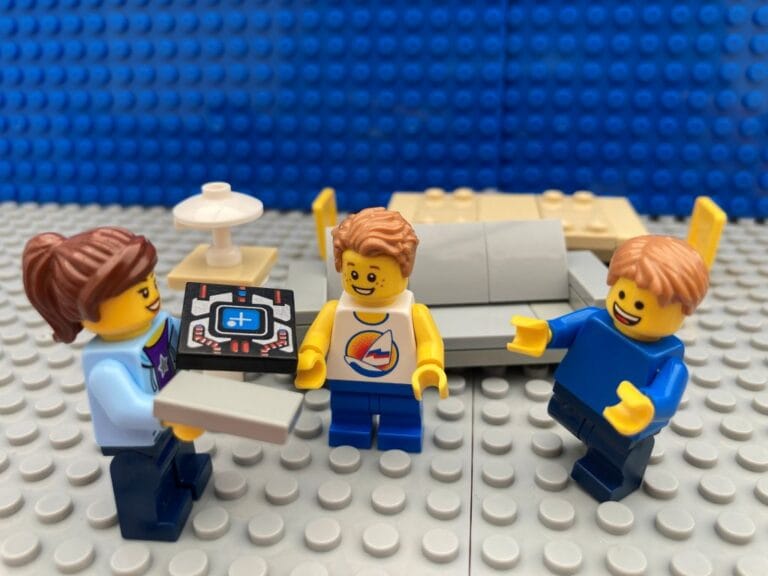
2. It Doesn't Help Them Stop
So much of what is one our screens has been specifically designed to keep your playing, keep you talking, keep you scrolling. It’s really really hard to switch off and put them down – and that’s just for adults. What about our kids?
Nearly every streaming service (unless you can disable it) will play the next episode without you even having to press a button. Just one more – that is the message your kids are being given, over and over and again. And we all know that kids are the masters of ‘just one more minute’.
You need to be training them how to cope with binge watching, doom scrolling and constant gaming. These things have no natural end – if anything they can leave children (and adults) feeling unsettled, cross and cheated when there is no satisfactory ending. And it makes it so much harder to do if we are mixing that message with consequential punishment.
When we start interrupting the addiction with something completely unrelated like cleaning your bedroom or doing homework, it can lead to bigger meltdowns, worse behaviour and relationship breakdown that seems completely out of proportion.
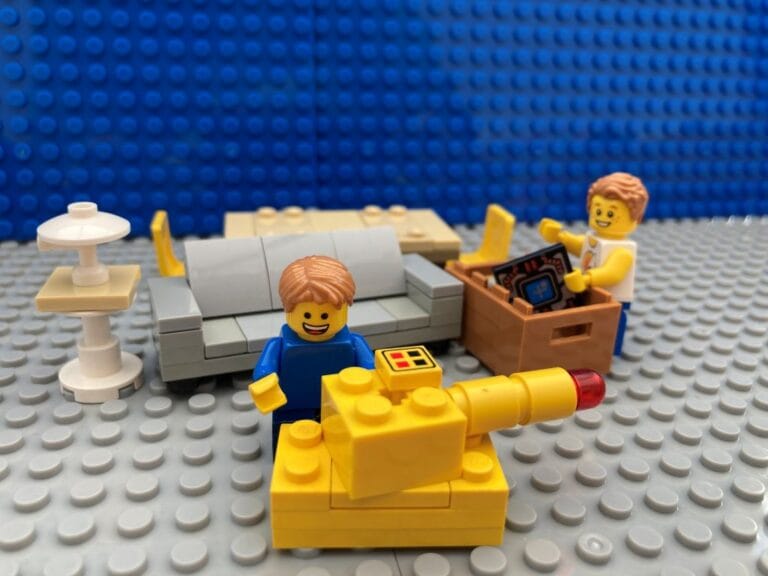
3. It Misses the Point
The reason why we use consequential punishment as parents is to teach our children to reflect on why their behaviour was unreasonable, unrealistic or unhelpful. We want them to learn to be kind, caring and successful grown-ups.
But losing their screen time or access to their device can be extremely emotive for a child. And suddenly their focus is wholly on you as the authority figure who has ‘ruined’ their day. It doesn’t matter what the original teaching point was – you are now stuck in the screen time battleground. Not able to have a reasonable conversation about the life skill that you started with but discussing the screen time consequences.
The opportunity to help your child learn, grow or discover something is lost. The opportunity to grow a deeper, more secure relationship with your child is lost. So, don’t lose these teaching moments by introducing screen time punishments.
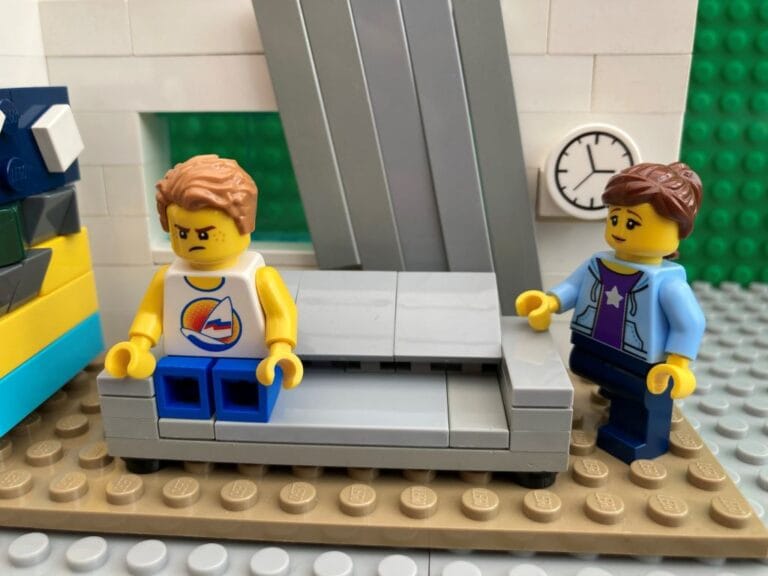
4. It's Not Sustainable
As children get older, screen time doesn’t just evolve around their entertainment. There is more that they will need their screens and devices for, such as homework, paying for the bus home from school and being able to contact you at a moment’s notice. Screens could become a much bigger part of their life.
Using screens as a punishment will get more complicated, more specific and require either more trust or more supervision that everyone is sticking to the ‘rules’. Which is not always sustainable. And it doesn’t inspire growth.
Losing screens as a punishment is limiting. It doesn’t have the potential to teach the next generation how to handle screens safely, how to be in control of their screen usage and how to manage to emotional effects that screens can have.
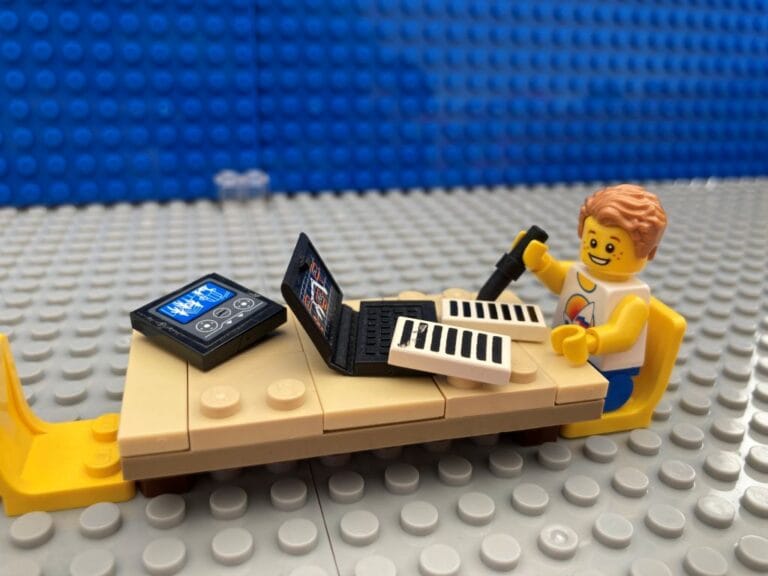
5. Share Your Story
Every parent has a view on screens at the moment ranging from an all-out ban to full freedom. It’s complicated and even talking to friends and family can be stressful. So get talking to your kids. Start the screen time conversation as early as possible. Be clear with them on boundaries, habits and expectations. Get them ‘screen-ready’ for the future.
Screen Time as a Reward or Punishment
Here is another article about how using screens as a reward or punishment can have harmful effects as children get older.
DISCLAIMER: The Lego Group of Companies does not sponsor, authorise or endorse this site.

